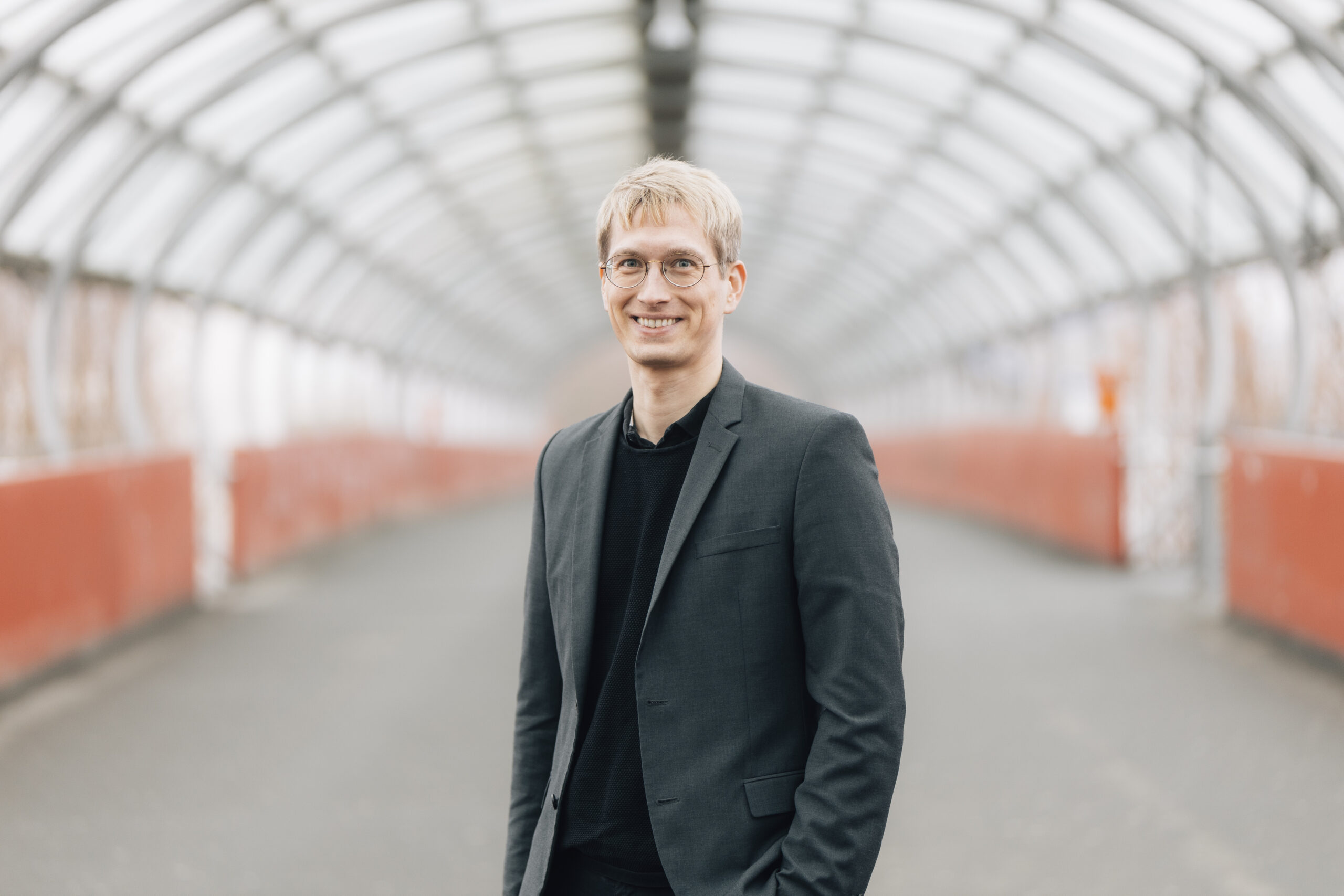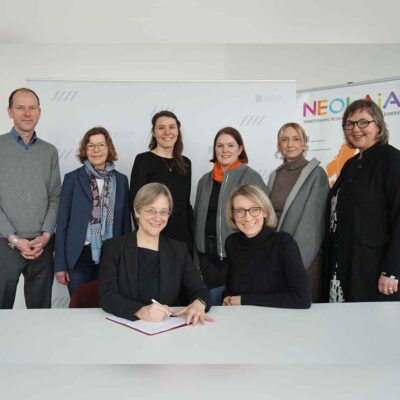The European Research Council (ERC) has recognized the research achievements of mathematics professor Dr Benjamin Gess with a Consolidator Grant. The funding is two million euros for a period of five years. Together with his team, Gess is using this funding to develop a systematic understanding of the interplay of fluctuations with nonlinearity in complex systems. Fluctuations need to be taken into account in machine learning or climate models, for example. The ERC Consolidator Grant is a coveted award—this time, only 14 per cent of the applications were successful.
‘Fluctuations are ubiquitous both in the real world and in important technological challenges,’ explains Benjamin Gess. In the everyday heating and cooling of liquids, fluctuations are minimal and occur at random. ‘At the same time, however, climate research and artificial intelligence, for example, confront us with complex systems that are subject to many degrees of freedom and interactions.’ This complex behaviour can amplify random effects, and that can have substantial consequences. ‘We are investigating mathematical structures that delineate this interplay of fluctuation and complexity in systems coming from a wide range of applied fields,’ says Gess.

© Bielefeld University/M. Adamski
Equations to model systems influenced by randomness
“The methods we are working on in the new ERC-funded project should, on the one hand, identify the regularity lying behind a system’s complex dynamic behaviour,’ says Benjamin Gess. ‘On the other hand, we are interested in those aspects that are influenced by random fluctuations. Only then can we make predictions with a high degree of reliability.’ One central goal is to uncover universal structures in complex stochastic systems.
Gess is a specialist in stochastic partial differential equations (SPDG). Stochastics is primarily concerned with chance, its regularities, and its probabilities. SPDGs are central to modelling systems subject to fluctuations in fluid-, continuum-, and quantum mechanics as well as in technical applications.
Working at both Bielefeld University and a Max Planck Institute
Benjamin Gess was appointed to the Faculty of Mathematics at Bielefeld University in 2016. Since 2015, he has also led a research group at the Max Planck Institute for Mathematics in the Sciences (MPI MIS) in Leipzig. Benjamin Gess studied mathematics and computer science in Bonn and Warwick (UK). He completed his doctorate at Bielefeld University. As a post-doc, the mathematician worked at Bielefeld University, Technische Universität Berlin, Humboldt-Universität zu Berlin, and the University of Chicago (USA).
There are now three Bielefeld researchers who have received Consolidator Grants
ERC Consolidator Grants (CoG) are aimed at outstanding young researchers from all disciplines whose own independent research groups are in the consolidation phase. Gess is now the third scientist at Bielefeld University to receive this funding. The others are cognitive scientist Professor Dr Christoph Kayser who came to Bielefeld University in 2017 with a CoG and physicist Professor Dr Gabi Schierning who also moved to Bielefeld in 2019 after receiving a CoG.
The European Research Council, founded by the European Union in 2007, is the most important European funding organization for excellent frontier research. It supports outstanding researchers of all nationalities and ages who are implementing projects across Europe.




